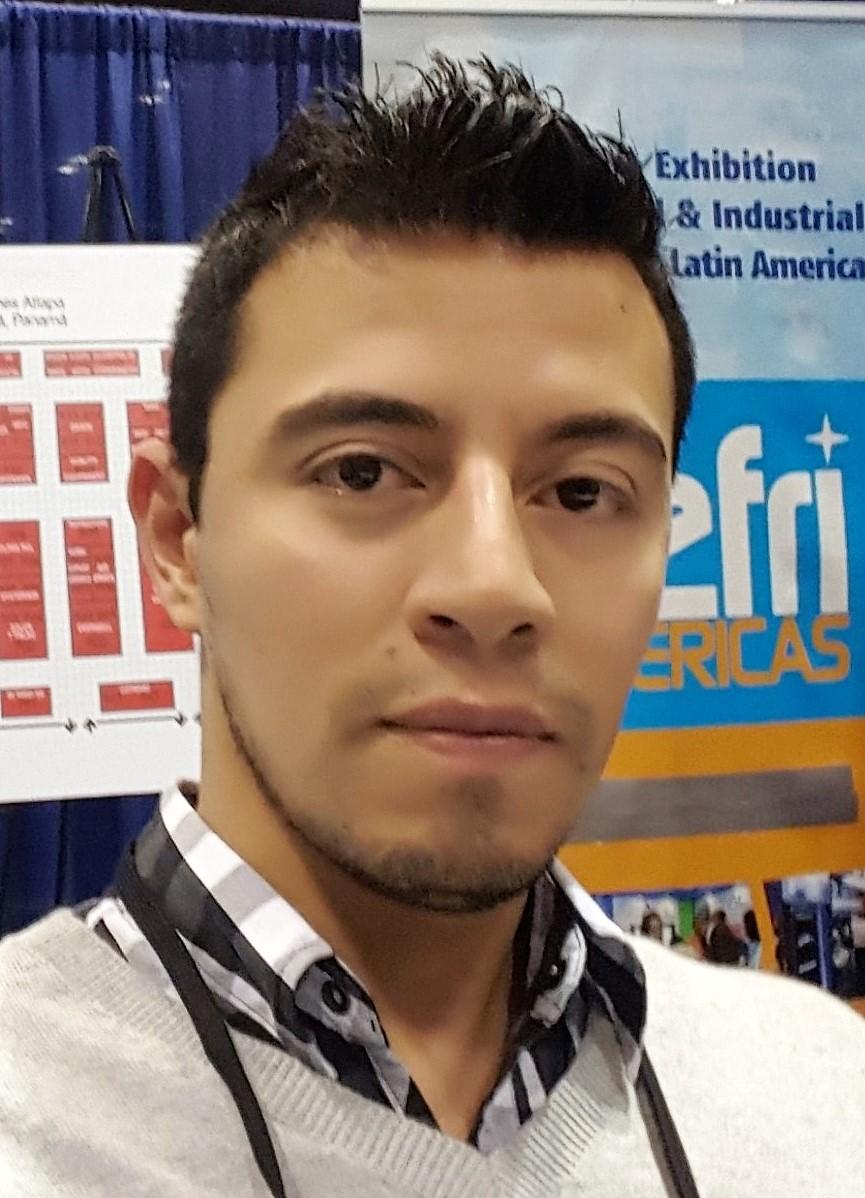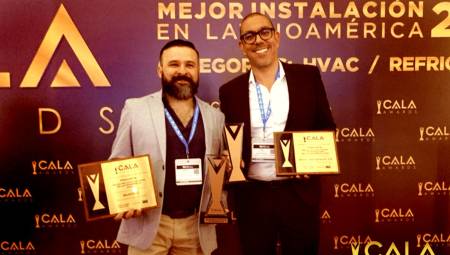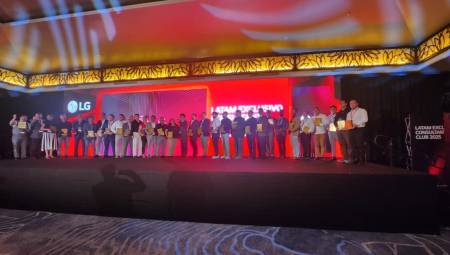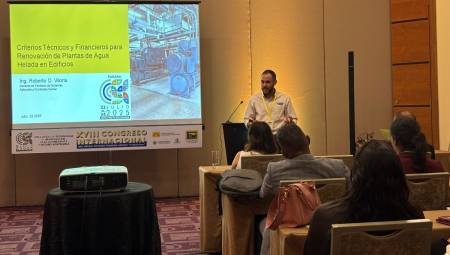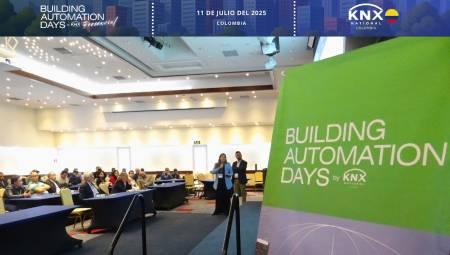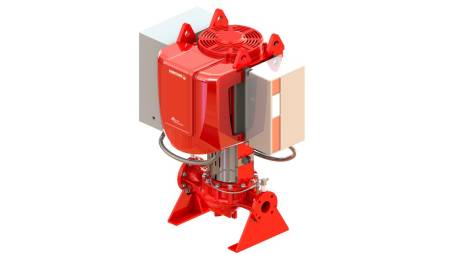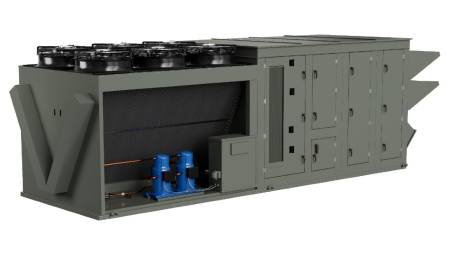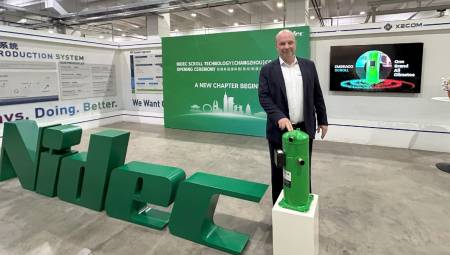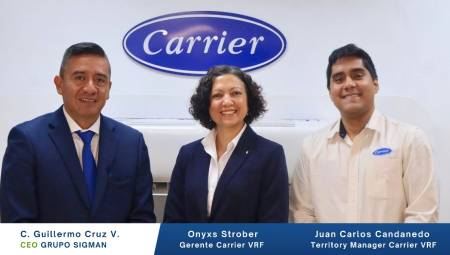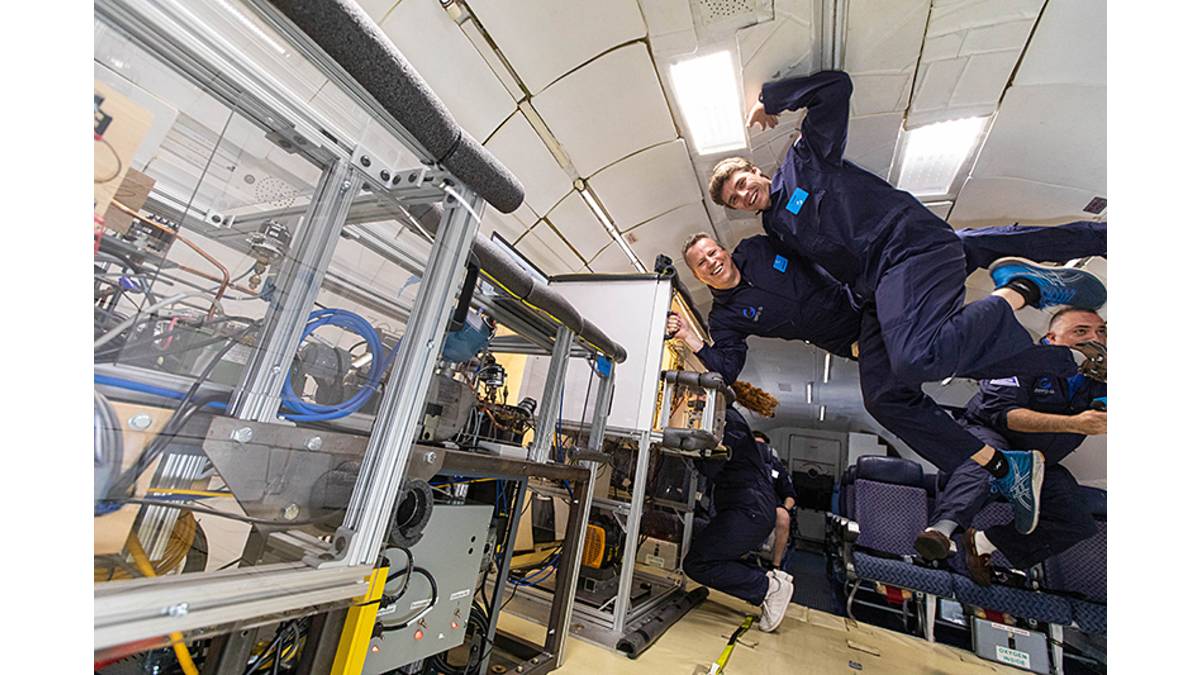
United States. Astronauts have been traveling into space since 1961, but they still don't have a refrigerator to keep food cold on long missions to the Moon or Mars.
Through experiments conducted in microgravity, a team of engineers from Purdue University, Air Squared Inc. and Whirlpool Corporation has shown that a prototype they developed could overcome the challenges of making a traditional refrigerator work in space as well as it does on Earth.
The canned and dried food that astronauts currently consume during missions has a shelf life of only about three years. The team's project, funded by NASA's Small Business Innovation Research (SBIR) program, aims to provide astronauts with a food supply that could last five to six years.
Earlier this month, the team conducted three experiments to test various aspects of refrigerator design aboard a specially designed aircraft that flew in microgravity 30 times, at 20-second intervals, during each of the four flights. The aircraft, zero gravity Corporation's (ZERO-G) exclusive weightless research laboratory, is the only test space of its kind in the United States. (Watch a video of the in-flight experiments on YouTube.)
Data analyzed so far from the flight experiments, supported by NASA's Flight Opportunities program, indicate two major successes of the team's prototype. First, the prototype can work as well in microgravity as it does on land. Second, the team determined that the prototype was no more likely to flood in microgravity than in normal gravity. Flooding of liquid could damage the refrigerator.
The team continues to analyze the collected flight data.
"We want to have a cooling cycle that is resistant to zero gravity and works to normal specifications," said Eckhard Groll, professor and director of Purdue's School of Mechanical Engineering. "Our preliminary analysis clearly shows that our design allows gravity to have less impact on that cycle."
A promising space refrigerator design
The researchers aren't the first to try to build a refrigerator like those used on Earth for space missions, but they are among the few who have tried since astronauts walked on the moon in 1969. Although experiments with refrigerators have been done before in space, it also didn't work very well or eventually broke.
In practice, the refrigerator design cools food by means of a vapor compression cycle, similar to the process used by a typical refrigerator on Earth, but without the need for oil. Having an oil-free vapor compression cycle eliminates concerns that oil won't flow where it should in zero gravity.
The prototype of the equipment is about the size of a microwave, ideal for potentially fitting into the International Space Station's shelf systems, EXPRESS Racks, which store payloads of research experiments. Air Squared built the prototype and the oil-free compressor inside, which acts as the heart of the refrigerator.
The team's experiments aimed to test a common hypothesis that pushing the coolant through a vapor compression cycle at a higher rate would reduce the effects of gravity on refrigerator performance. A detailed analysis of the data will show whether the restriction of these high flow rates and the large pressure drop they create can be eliminated, which could improve refrigerator performance by saving energy.
Two experiments built by Purdue researchers flew with the prototype experiment to assess how microgravity affected design performance and susceptibility to liquid flooding. Whirlpool Corporation provided components for the refrigerator experiments, as well as expertise on how to integrate these components, run the experiments, and package the prototype in a way that met the requirements for use in a long-term microgravity environment such as the International Space Station.
Testing a refrigerator for space while still on Earth
Before the flights, Purdue researchers demonstrated through one of the experiments that an oil-free vapor compression cycle can operate in different orientations, even the other way around. If a refrigerator can operate in any position, space crews wouldn't have to worry about making sure the fridge is face up on a landing.
"The fact that the cooling cycles ran continuously in microgravity during testing without any apparent problems indicates that our design is a very good start," said Leon Brendel, a Purdue Ph.D. mechanical engineering student. "Our first impression is that microgravity doesn't alter the cycle in ways we didn't know about when we tested the effects of gravity on the design of the refrigerator on the floor by turning and tilting it."
Groll, Brendel and Paige Beck, a Purdue junior majoring in mechanical engineering, conducted the experiments on the flights, along with team members from Air Squared and Whirlpool Corporation. For each flight, the plane made 30 parabolas, including those of Martian gravity, lunar and microgravity.
"Floating with experiments is like swimming, except you have no resistance around you and you have to work to get the data at the same time. It was a lot of fun, but I had to remember that I shouldn't be arrogant," said Beck, who was challenged to stay in place to collect data from an experiment at regular intervals and simultaneously record his actions into a microphone.
Other challenging tasks involved quickly changing parameters between parabolas or slightly turning a needle valve while floating.
"Sometimes it was too slow! But you learn as you go and we successfully got the data we needed," Brendel said.
The team will complete data analysis in the coming weeks.
Data Source Provider: Perdue University.


